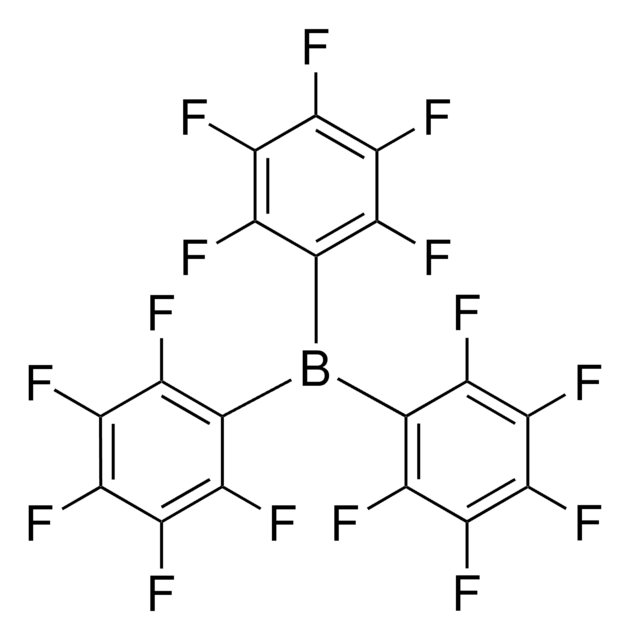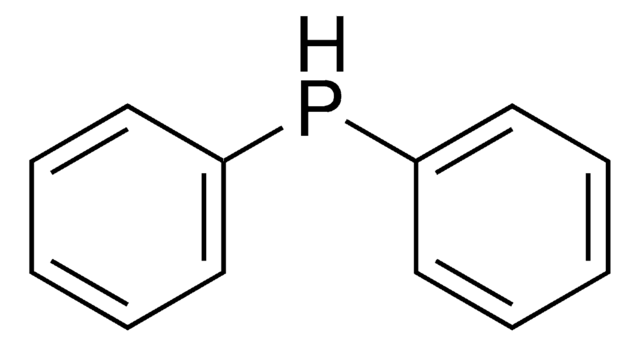403636
N-(2-Pyridyl)bis(trifluoromethanesulfonimide)
96%
Synonym(s):
2-[N,N-Bis(trifluoromethylsulfonyl)amino]pyridine, N,N-Bis(trifluoromethylsulfonyl)-2-pyridylamine
About This Item
Recommended Products
Quality Level
assay
96%
form
solid
bp
80-90 °C/0.25 mmHg (lit.)
mp
40-42 °C (lit.)
functional group
fluoro
storage temp.
2-8°C
SMILES string
FC(F)(F)S(=O)(=O)N(c1ccccn1)S(=O)(=O)C(F)(F)F
InChI
1S/C7H4F6N2O4S2/c8-6(9,10)20(16,17)15(5-3-1-2-4-14-5)21(18,19)7(11,12)13/h1-4H
InChI key
DXLQEJHUQKKSRB-UHFFFAOYSA-N
Looking for similar products? Visit Product Comparison Guide
General description
Application
signalword
Warning
hcodes
Hazard Classifications
Eye Irrit. 2 - Skin Irrit. 2 - STOT SE 3
target_organs
Respiratory system
Storage Class
11 - Combustible Solids
wgk_germany
WGK 3
flash_point_f
230.0 °F - closed cup
flash_point_c
110 °C - closed cup
ppe
dust mask type N95 (US), Eyeshields, Gloves
Choose from one of the most recent versions:
Already Own This Product?
Find documentation for the products that you have recently purchased in the Document Library.
Articles
In the last few years, a number of chiral diene ligands have emerged for a variety of asymmetric transformations.1 This powerful new method has proven to be an efficient way for the construction of enantioenriched compounds from achiral substrates.
Our team of scientists has experience in all areas of research including Life Science, Material Science, Chemical Synthesis, Chromatography, Analytical and many others.
Contact Technical Service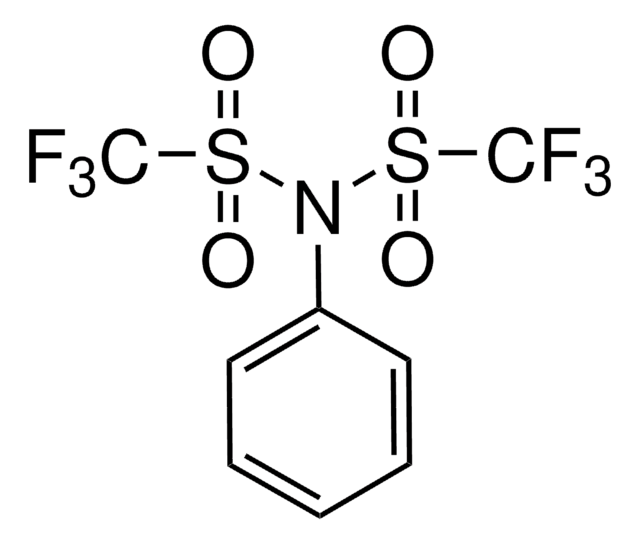
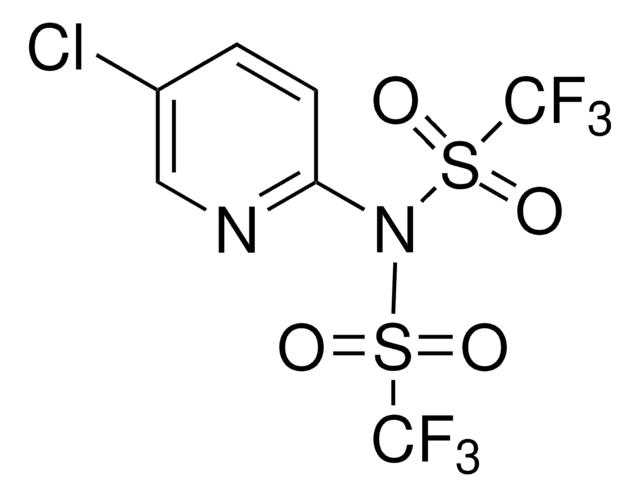
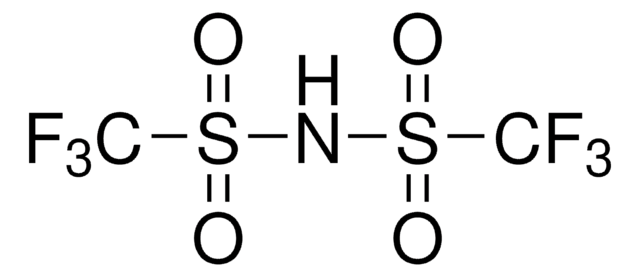
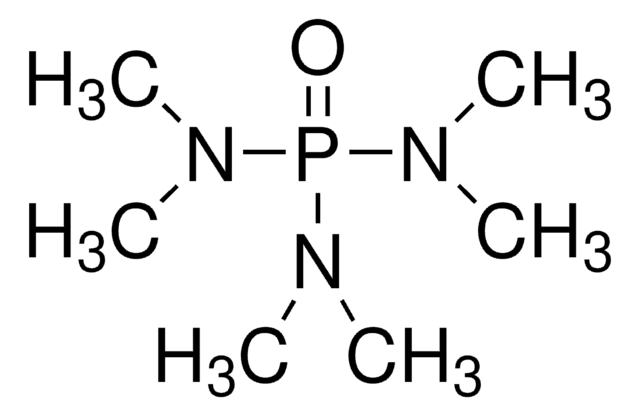
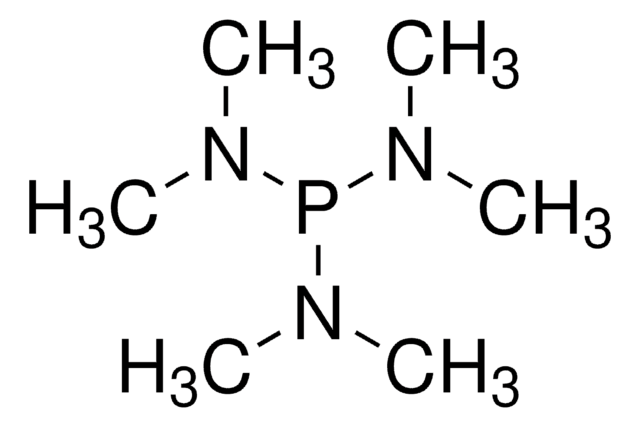
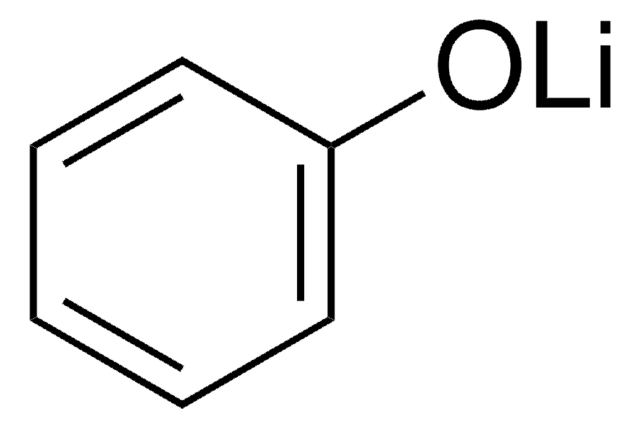
![Bicyclo[2.2.1]hepta-2,5-diene 98%](/deepweb/assets/sigmaaldrich/product/structures/304/819/dfa7c176-c370-4fb5-acf1-28d751241a50/640/dfa7c176-c370-4fb5-acf1-28d751241a50.png)
